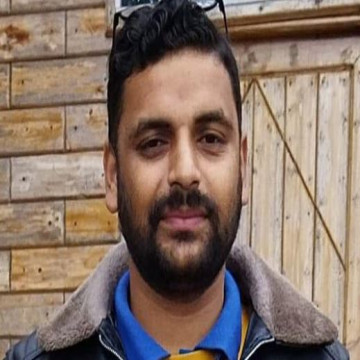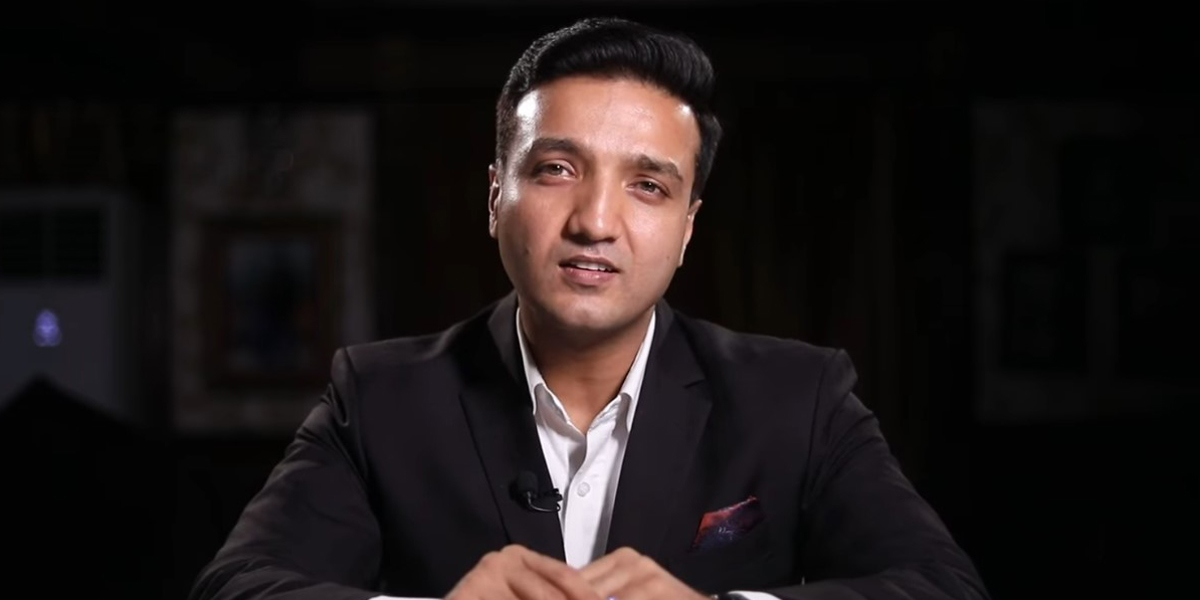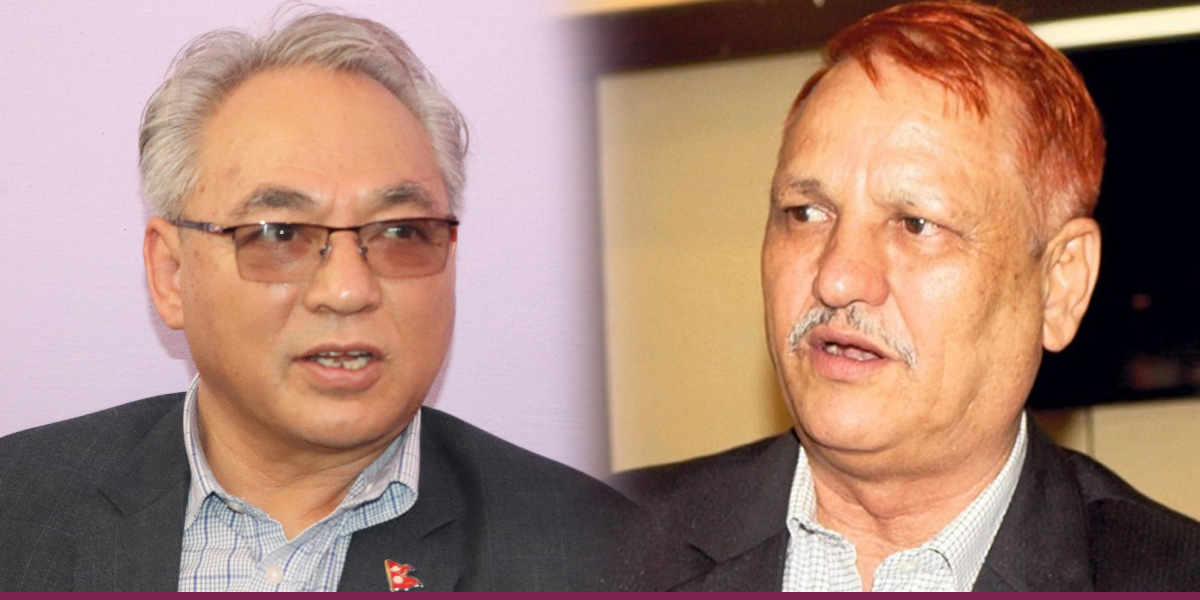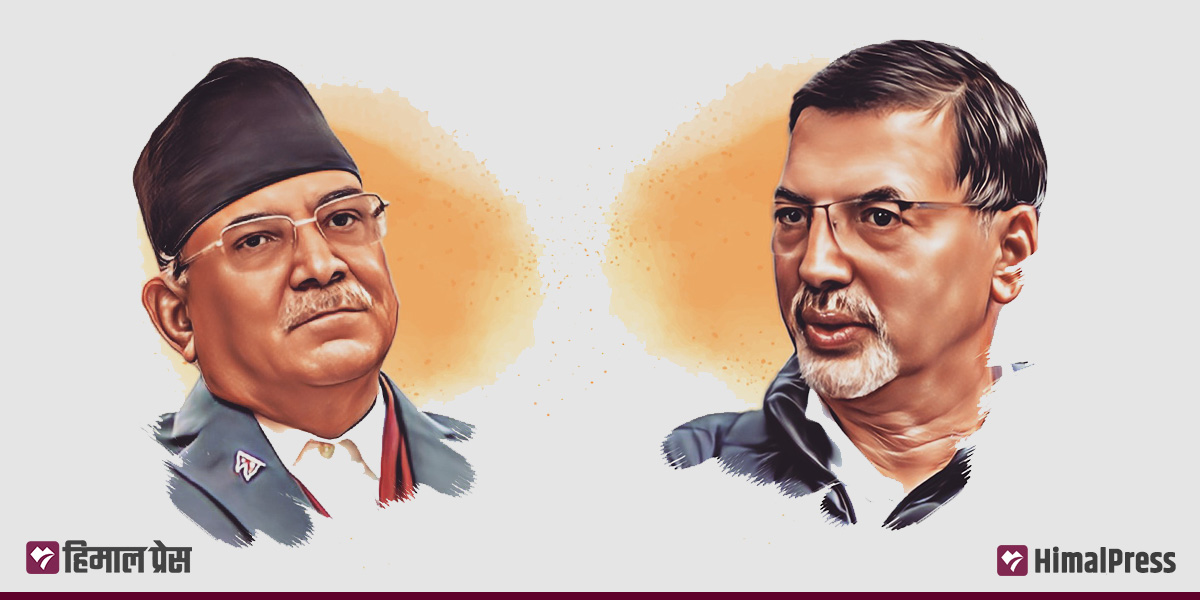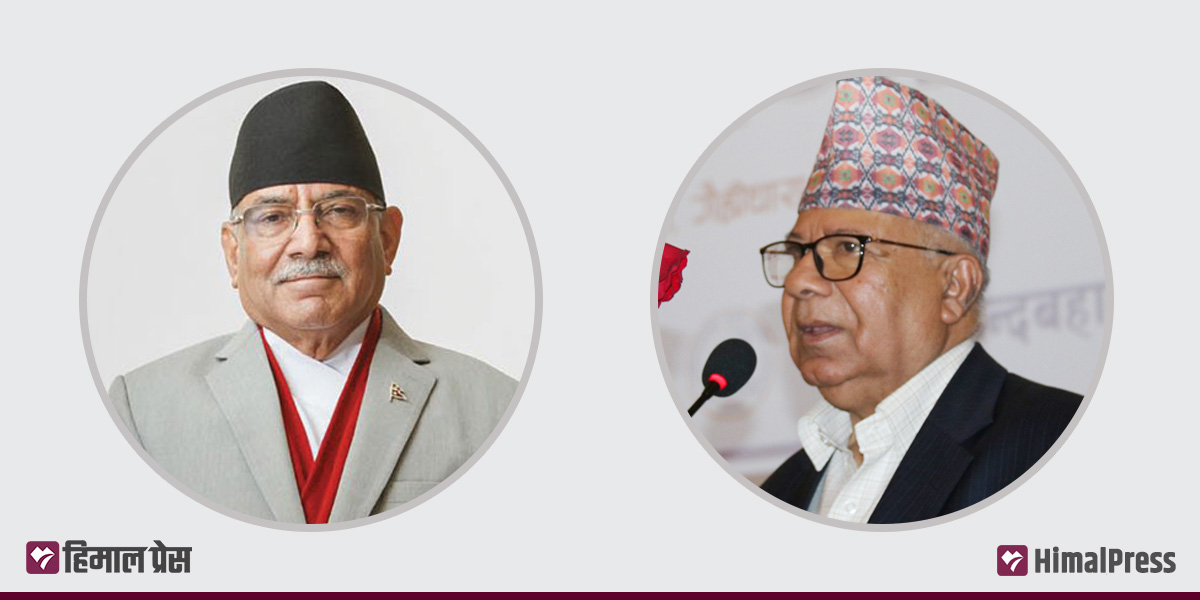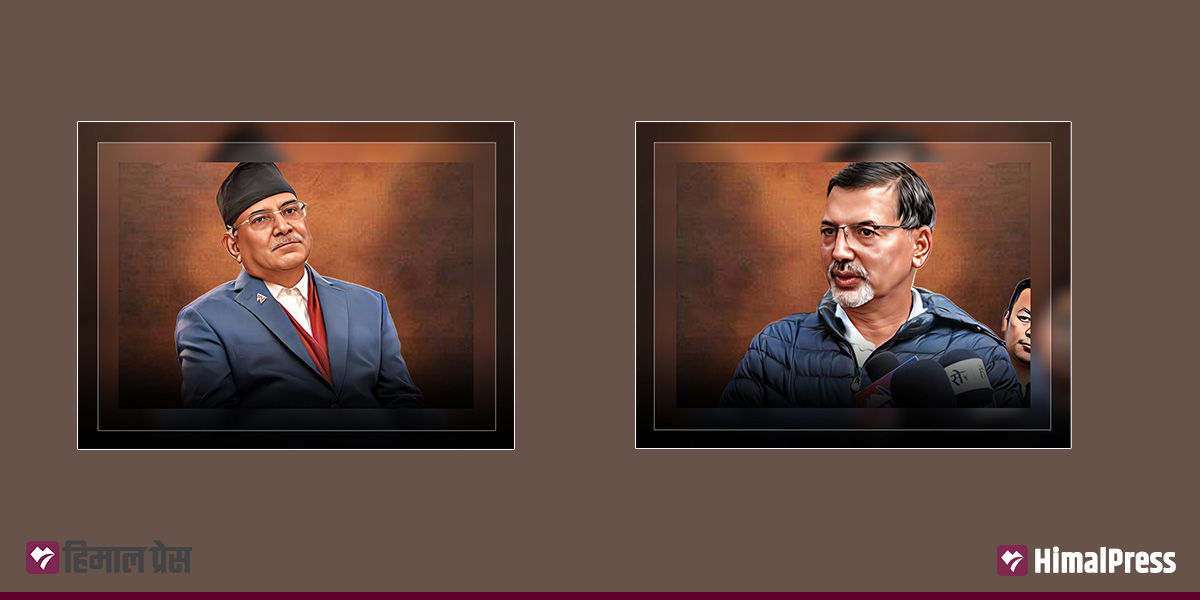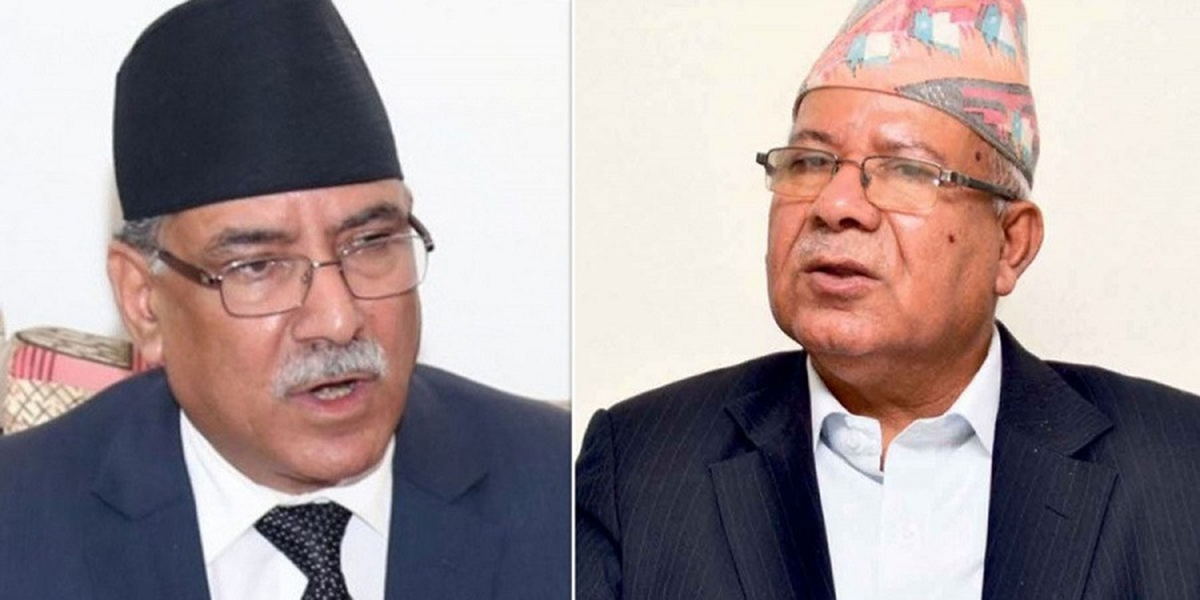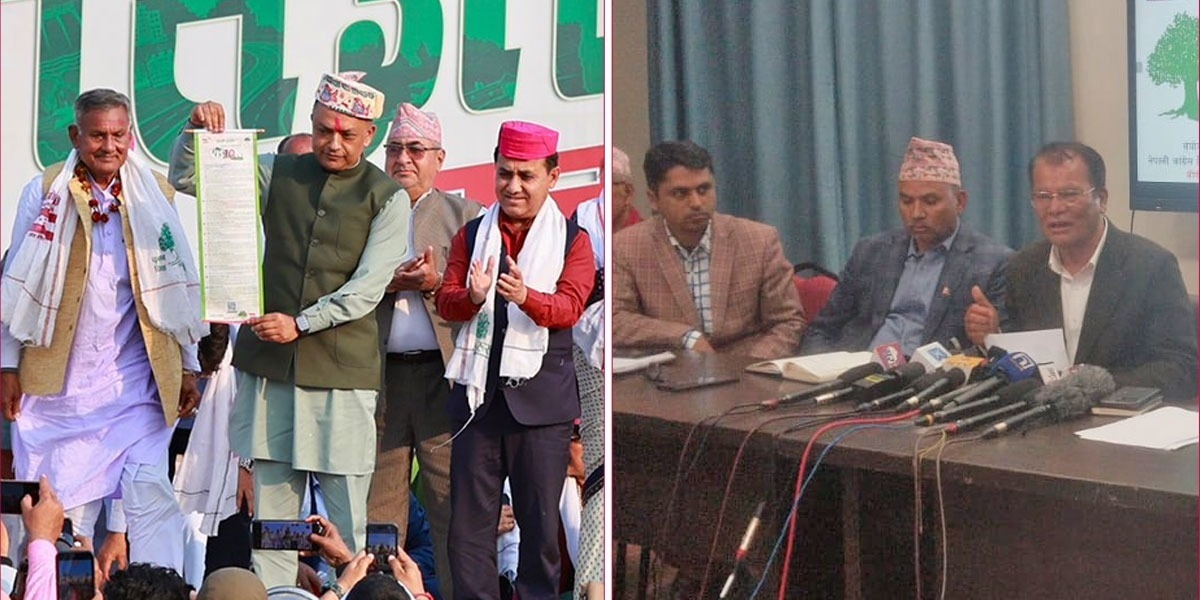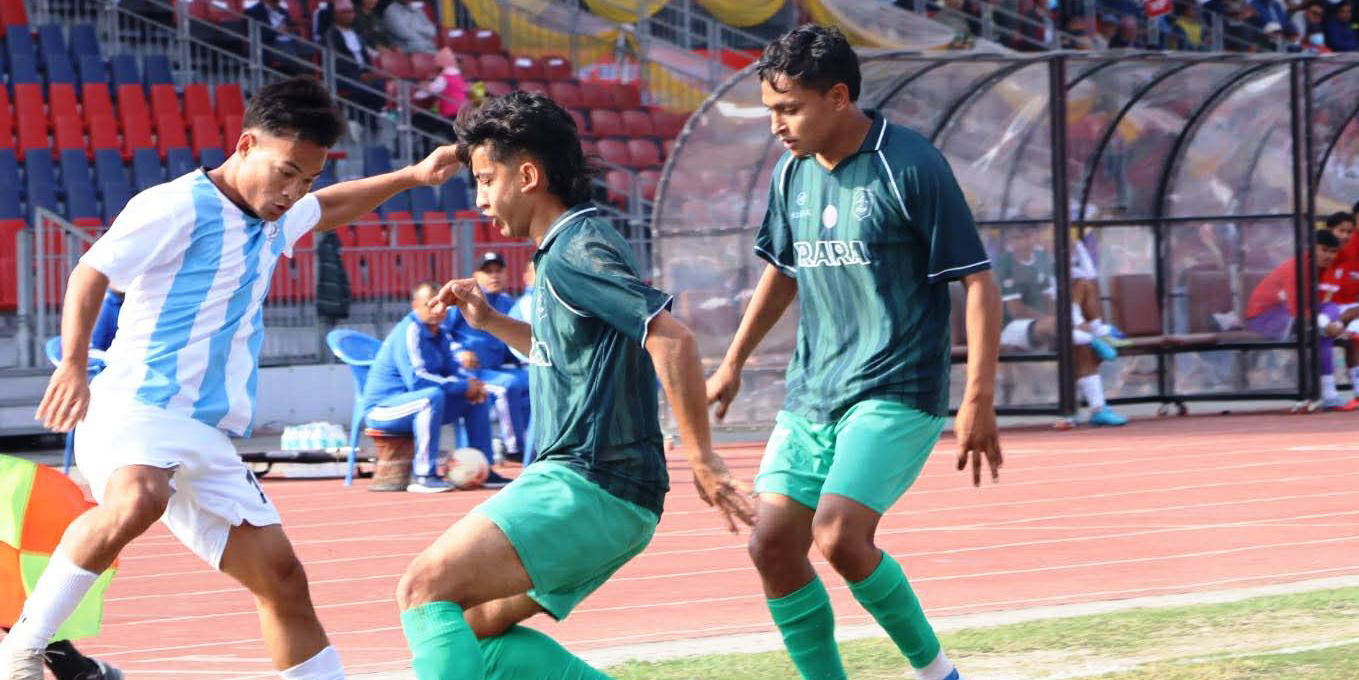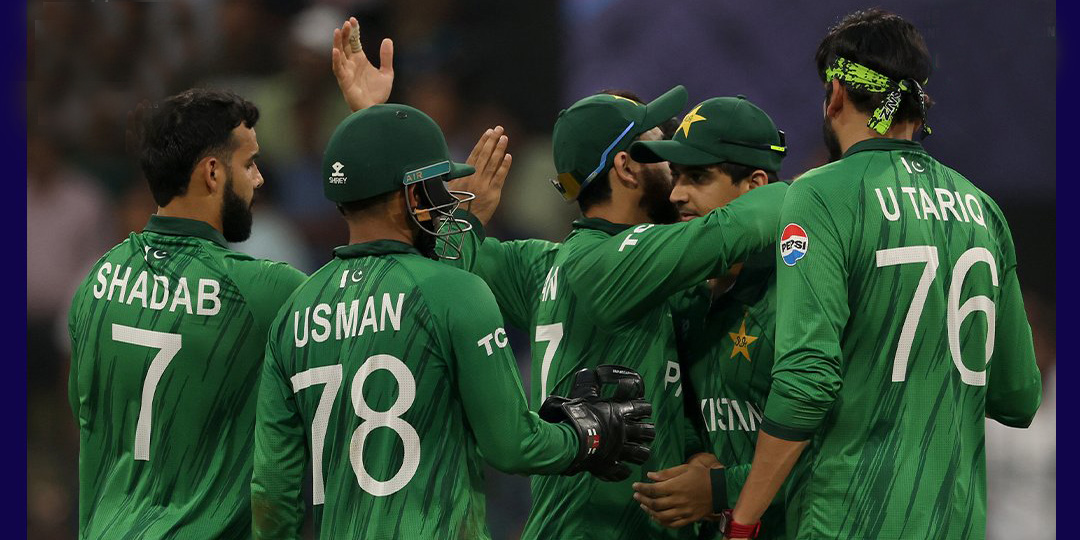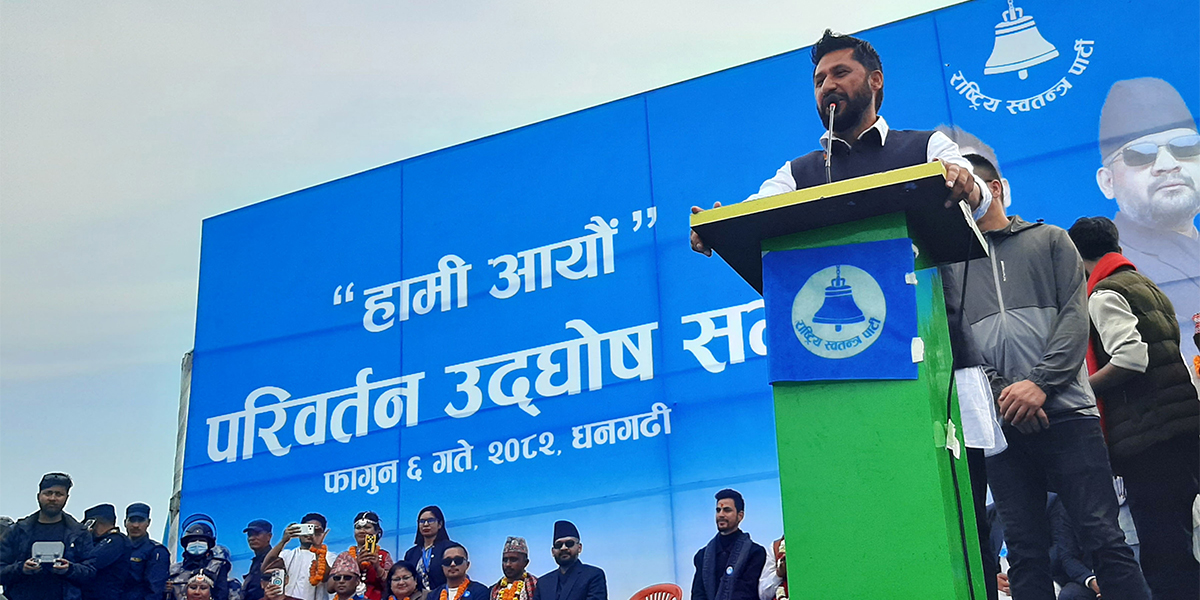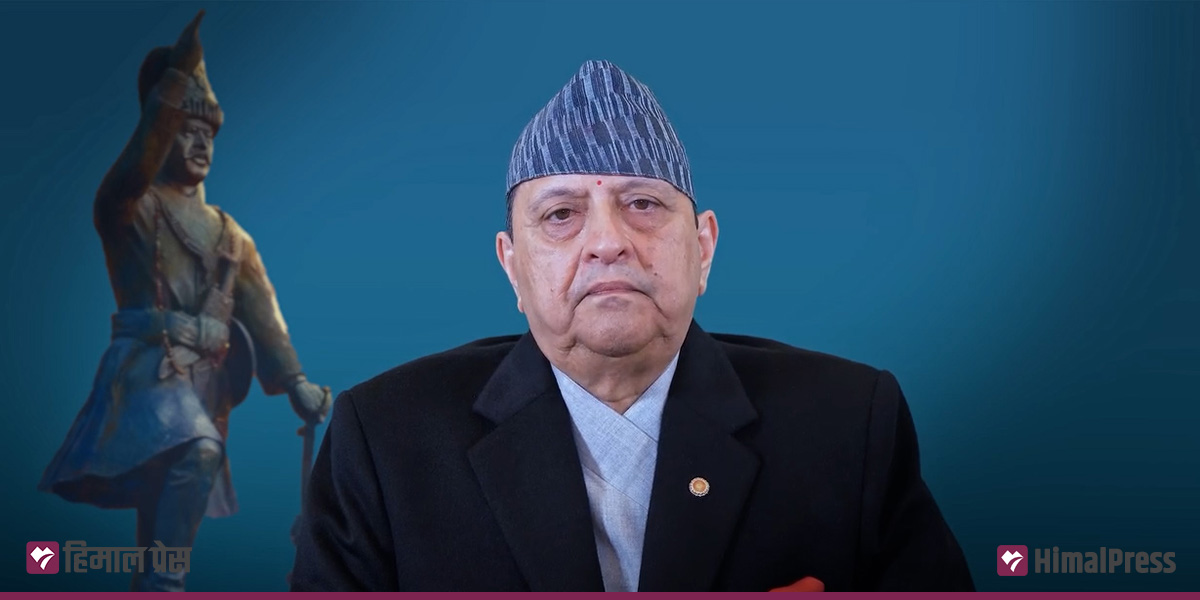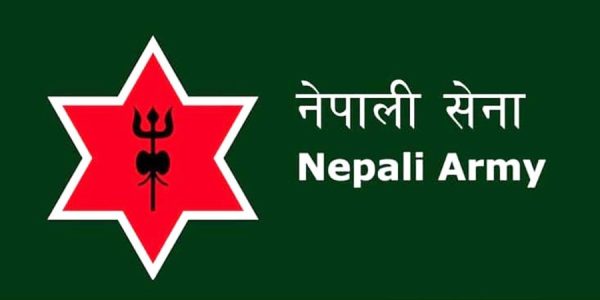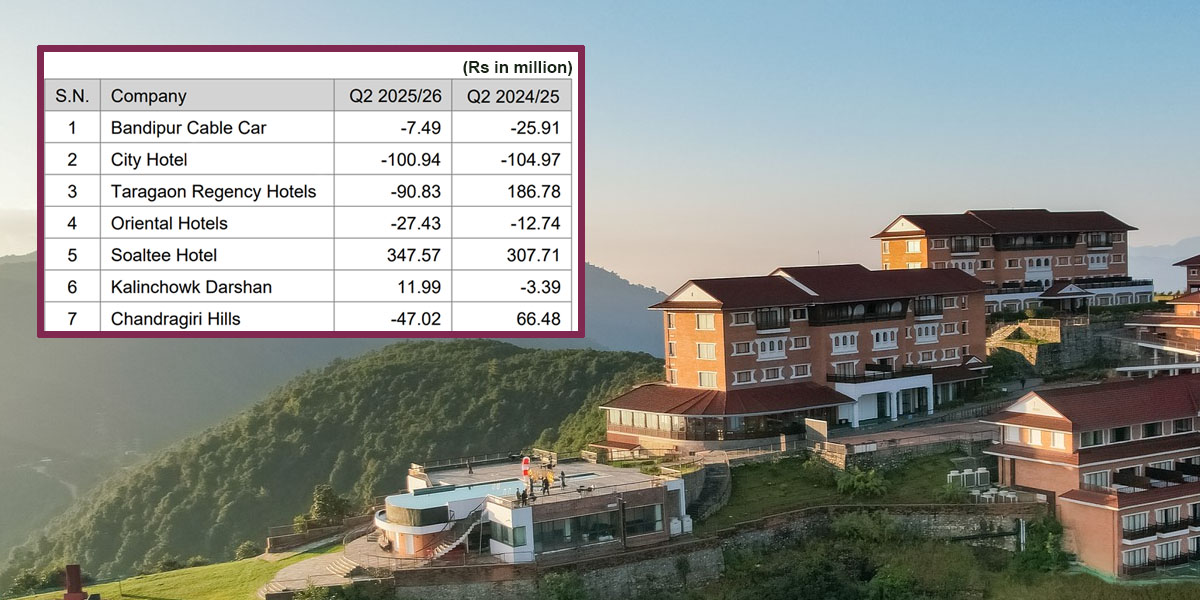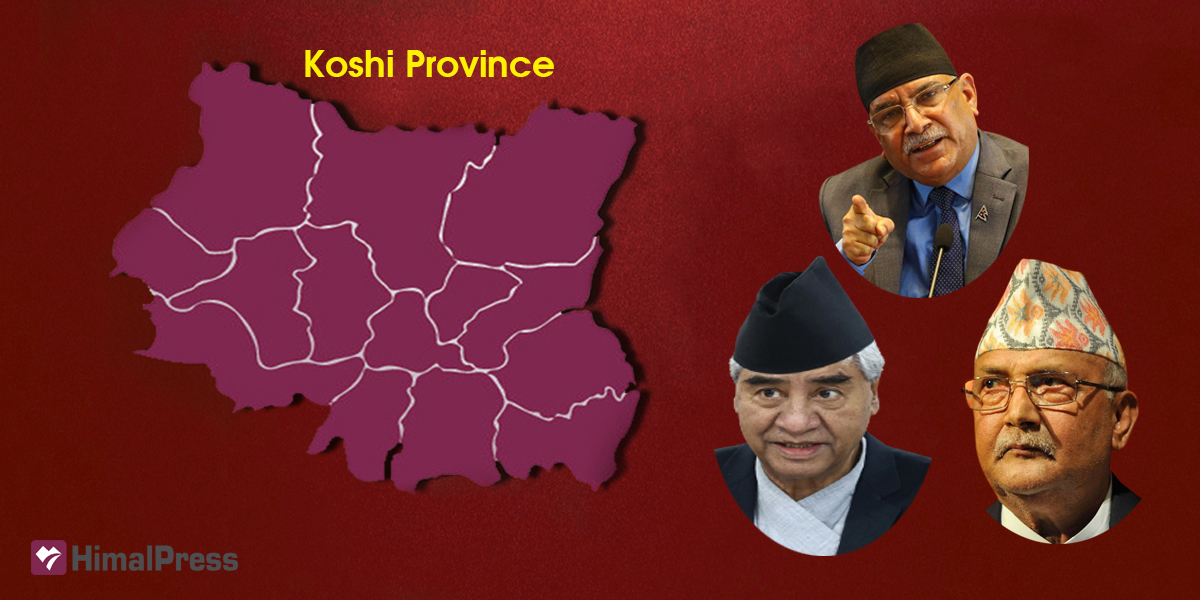
KATHMANDU: There are indications that political instability will increase further in Koshi Province as the central leadership interferes in the formation of government in the province. A coalition government of the Nepali Congress, CPN (Maoist Center) and some fringe parties is ruling the federal government. Experts say problems have arisen as the province is being forced into the same equation.
Leaders acknowledge that increasing interference of the center has invited instability in the province. UML leader and former Chief Minister Bhim Acharya said that it is becoming difficult to function as per the directives of the center. “On one hand, the province has not been given sufficient rights. And on the other, it has to rely on the center for the budget. Then there are the interferences of the central leaders,” Acharya added.
UML’s parliamentary leader in the provincial assembly, Hikmat Bahadur Karki, said on Friday that he was prepared to form the government with the Nepali Congress (NC) on a rotation basis. Not only Karki, but other UML leaders also say it will be easier to form a government with NC. Going by Karki’s statement, it seems clear that UML is prepared to offer the post of chief minister to NC to break the existing coalition. But the provincial leaders of NC cannot take a decision to this effect on their own.
The Supreme Court on Thursday invalidated the coalition government of the province led by Uddhab Thapa of the Nepali Congress. Since the ruling coalition had the support of 46 members, one short of the magic number of 47, Thapa used the signature of Speaker Babu Ram Gautam to form the government. But the apex court ruled it is unconstitutional for the Speaker to extend his support in government formation.
Although provinces are supposed to be autonomous, any changes in the power equation in the center are reflected in the province.
“The speaker alone can’t take such a big decision. Clearly, he took the decision on the direction of the central-level leader,” a province-level leader of CPN (Maoist Center) said.
Gautam was elected to the province assembly from the Maoist Center. According to the Maoist Center leader, Speaker Gautam was unwilling to support Thapa’s claim to form the government till the last moment. “But everything changed after the Maoist Center Chairman made a phone call to him,” the leader added.
This is not the first time that the Maoist Center Chairman has interfered in provincial matters. Earlier, he put pressure on the provincial committee of his party to make Jeevan Acharya minister.
Acharya is Dahal’s son-in-law. Since he was a minister in the Maoist-UML government led by Karki, Maoist Center parliamentary leader in Koshi Province Assembly, Indra Angbo, was preparing to send new faces to the cabinet this time. But he had to backtrack due to Dahal’s pressure.
Not only Dahal, but other parties too have been interfering in provincial affairs. When UML and Maoist formed a coalition government in the center, the leadership of Koshi Province went to the UML. UML’s parliamentary party leader Hikmat Bahadur Kari subsequently became chief minister. But his government didn’t last long, as the Maoist Center formed a new coalition with NC in the center. Thapa then became the Chief Minister. Although provinces are autonomous, any changes in the power equation in the center are reflected in the province.
Karki, who was the fourth chief minister of the province, became successful in naming the province in the second term of the provincial assembly. Sources say two UML chief ministers – Sherdhan Rai and Bhim Acharya – had refused to name the province Koshi despite pressure from UML Chairman Oli. But Karki completed the task because he is close to Oli. Now, pro-identity groups are demanding that the province should be renamed on the basis of identity.

